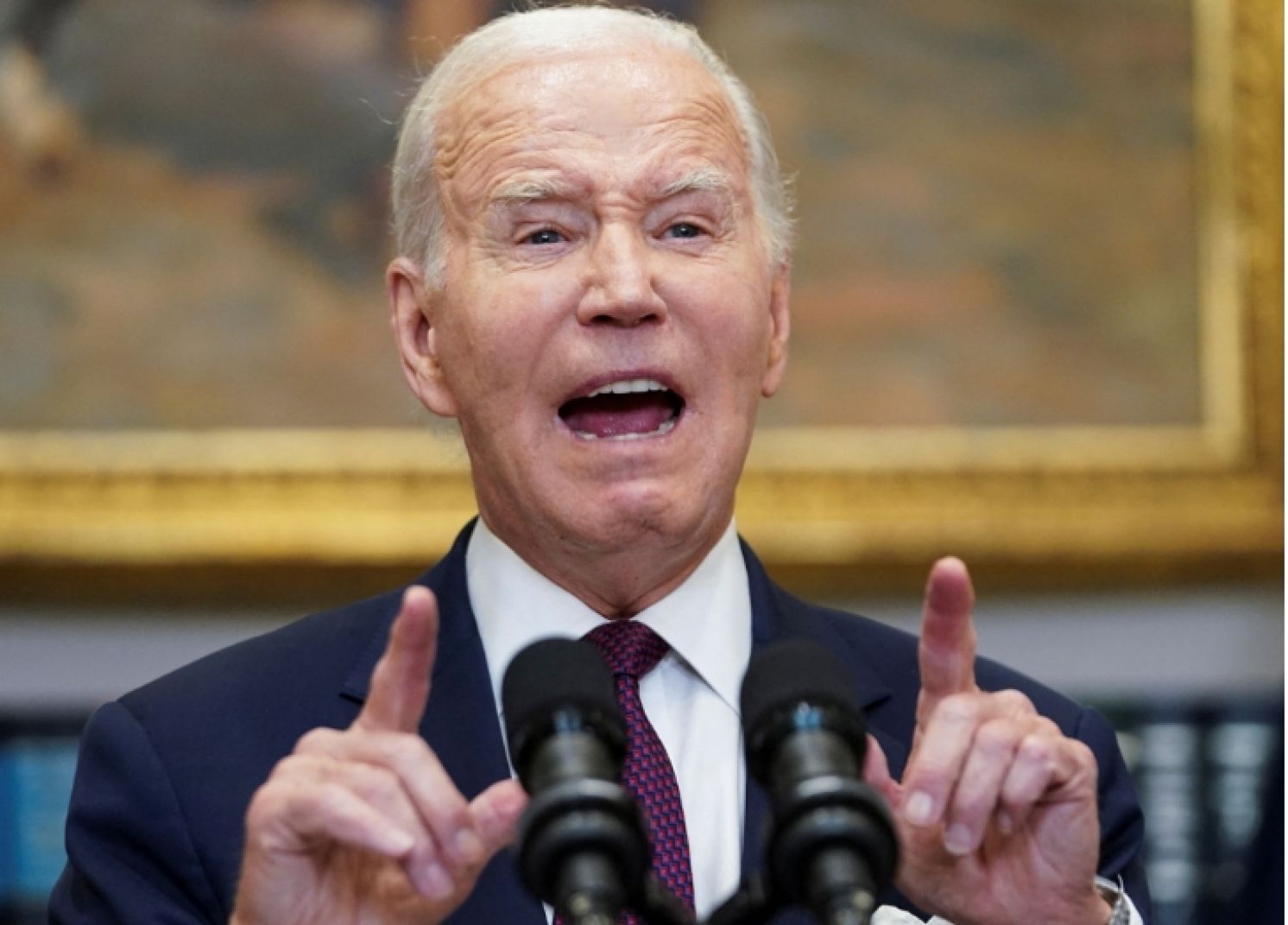
This Week in Taiwan 0723-0729
July 25: The Taiwan Semiconductor Manufacturing Company (TSMC) announced that it will spend NT$90 billion (about US$2.86 billion) to build an advanced packaging plant in the Tongluo Science Park, a branch of the Hsinchu Science Park. Sources indicate that this move is to cooperate with heavyweight customers including Advanced Micro Devices, NVIDIA, Apple, and Xilinx, to provide back-end advanced packaging for advanced logic chip manufacturing processes so that production capacity can be sustained to ensure advanced process chip production plans for the Kaohsiung 2nm plant and Longtan 1.4nm plant can be executed and the Tainan Science Park 3nm plant expanded.
July 25: A mortar round explosion occurred in the Hsienfeng camp of the Army in Keelung. Nine officers and soldiers were injured, possibly during the carrying of mortar rounds. Seven of them sustained minor injuries while two officers were severely injured and had partial amputations.
July 26: The labor insurance fund has a hidden debt of nearly NT$12 trillion (about US$382 billion) in 2022 and may go bankrupt in 2028. Worker groups are dissatisfied that the labor insurance annuity benefits are not adequate to meet the needs of workers' retirement life, and the government has made no progress in labor insurance annuity reform. Groups assembled outside the Executive Yuan to criticize the government for six years of inaction and dereliction.
July 26: At the party's National Congress, Chairman Eric Chu of the Kuomintang (KMT) proposed to promote a "non-green" alliance as a foundation for a ruling coalition. However, King Pu-tsung, executive director of the Hou Yu-ih presidential campaign, questioned that he does not know what the proposal is and even blasted legislator candidates supporting a grand coalition of opposition parties. After the National Congress created an atmosphere of internal unity, critical voices emerged on King's comments on party members. According to Hou's campaign, internal issues must be settled first before fighting external ones.
July 26: Ko Wen-je, chairman of the Taiwan People's Party and former Taipei mayor, criticized the central government's track construction under the Forward-looking Infrastructure Development Program for crushing local government finances. Among the 38 sub-projects of the track construction plan, the implementation rate was only 5.3 percent. Due to inflation and job shortages, the self-raised funds for already-begun construction by local governments have skyrocketed from NT$390.9 billion (about US$12.4 billion) to NT$551.8 billion (about US$17.5 billion). A report by the National Audit Office also indicated that the special budget was normalized during the administration of President Tsai Ing-wen. As many as 11 special budgets were proposed within seven years, totaling NT$2.1 trillion (about US$66.8 billion). The outstanding debt balance will reach nearly NT$5.7 trillion (about US$181.3 billion) by the end of 2022.
July 27: The United States House of Representatives passed the Taiwan International Solidarity Act, arguing that United Nations (UN) General Assembly Resolution 2758 passed in 1971 did not deal with the issue of Taiwan's representation in the UN or related organizations; nor did it take a position on the relationship between the People's Republic of China and Taiwan or contain any statement on Taiwan's sovereignty. According to the legislation, the United States opposes any initiative to change Taiwan's status without the consent of the people of Taiwan.
July 28: KMT legislator candidate Lin Chin-chieh was suspected of defecting to Terry Gou after sharing the stage with him. The KMT gave him a stern verbal warning and asked him to be careful not to repeat such conduct; otherwise, he may face harsher discipline. This is the first case in which a KMT member sharing the stage with Gou has faced party discipline.
July 29: The United States announced that it would provide Taiwan with US$345 million in defense supplies and services, as well as military training and education. This is the first time that the United States has invoked presidential allocation powers to provide military aid to Taiwan after passing the National Defense Authorization Act for fiscal year 2023. The Ministry of Foreign Affairs stated that it appreciates the long-standing U.S. commitment to Taiwan's security under the Taiwan Relations Act and Six Assurances. American media opine that the move may anger mainland China.